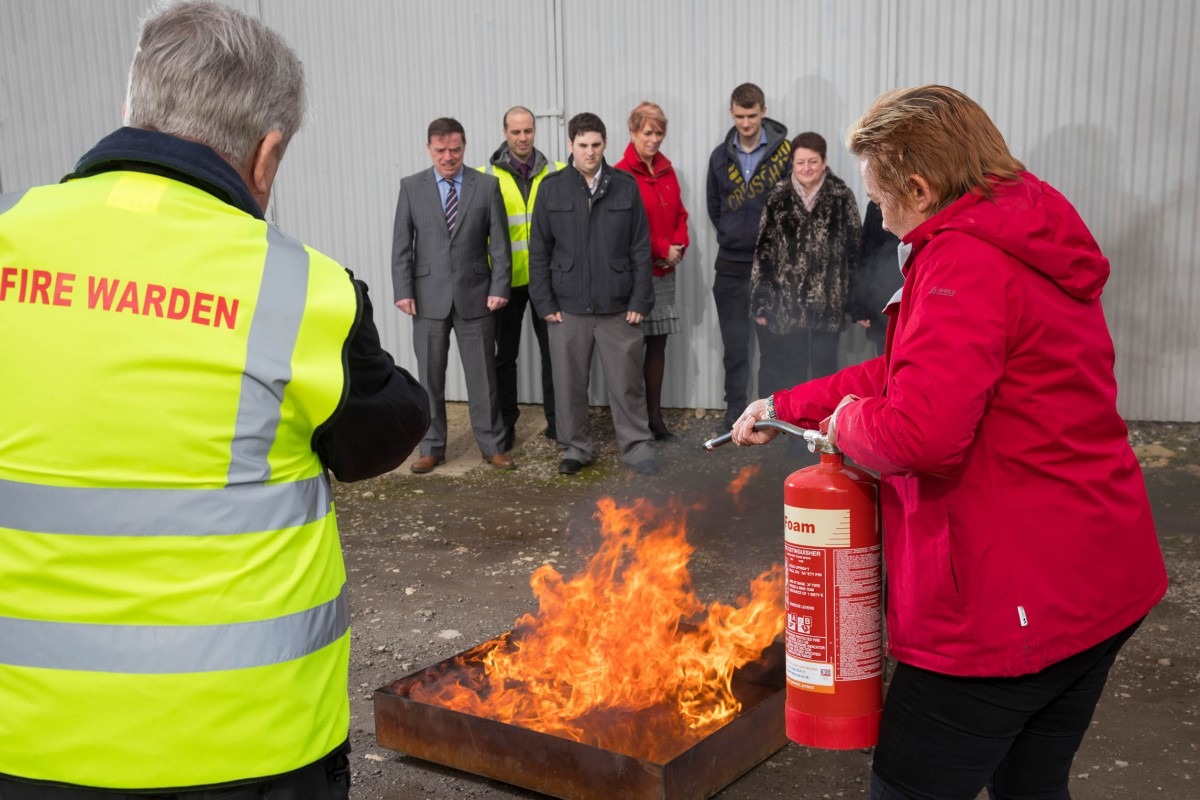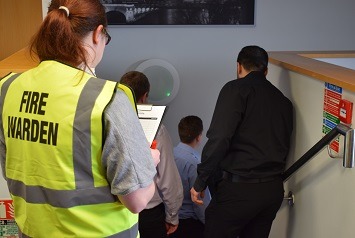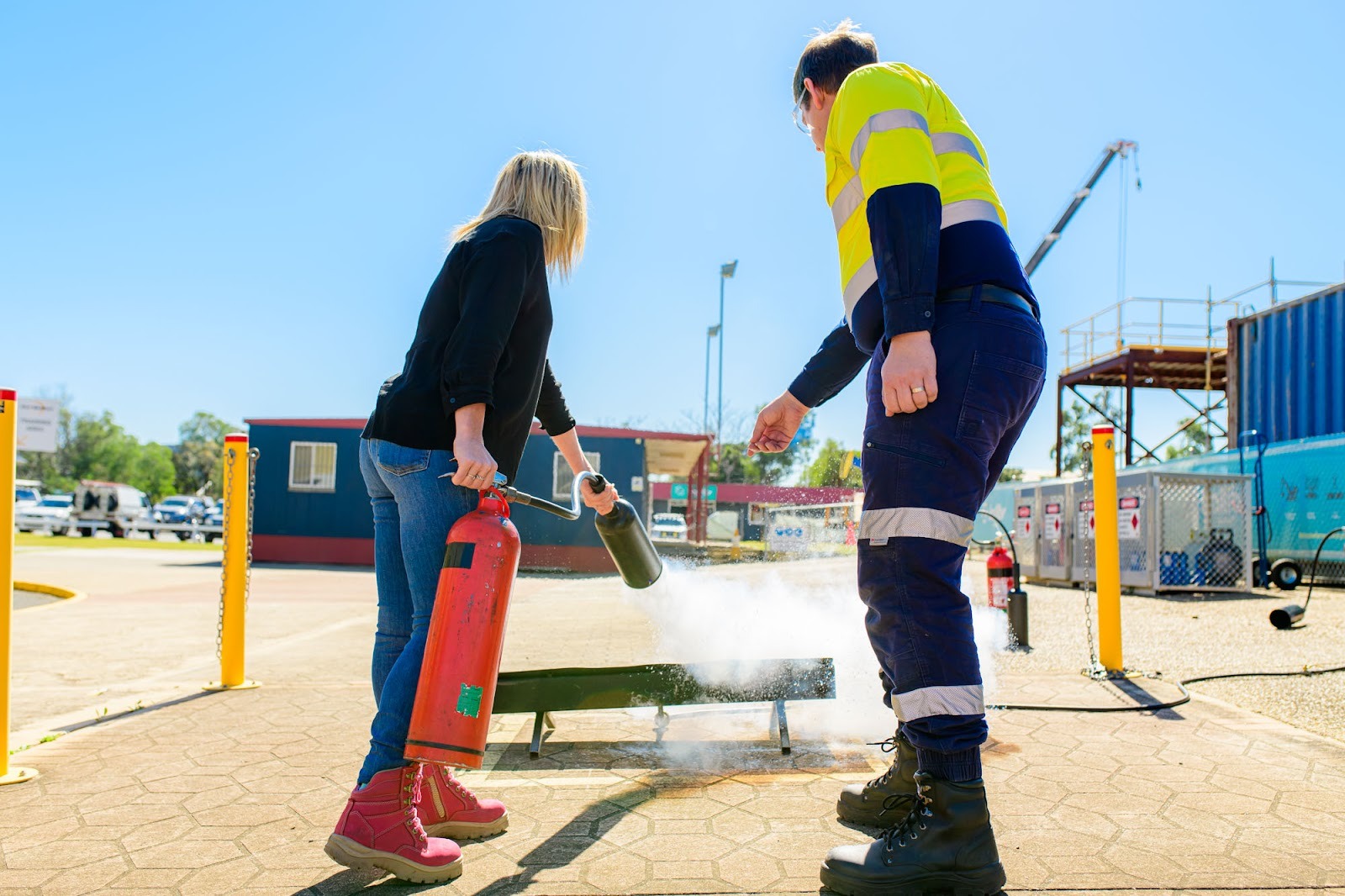The Misconception Around Fire Warden Training
For many businesses, fire warden training is treated as a once-a-year inconvenience — a compliance exercise to tick off a checklist. But that mindset is dangerous. Training is not just about satisfying regulators; it is about preparing ordinary staff to make extraordinary decisions when seconds matter.
In workplaces, commercial properties, and residential complexes, wardens are the link between fire systems and human response. Without them, evacuation plans are words on paper with no one to carry them out.

What Fire Warden Training Really Covers
Training is not limited to showing staff where the exits are. It equips wardens to manage high-pressure, life-threatening situations.
Core responsibilities covered in training include:
- Coordinating evacuations and directing occupants to safety
- Assisting vulnerable individuals listed in the special needs register
- Using fire safety equipment appropriately, such as extinguishers or alarms
- Communicating with emergency services until they arrive
- Ensuring evacuation diagrams and fire evacuation plans are understood and actionable
This goes beyond compliance. It builds confidence, control, and leadership during emergencies.

Why Fire Warden Training Matters for Compliance and Liability
Regulators require workplaces to have trained wardens as part of essential safety measures under the Building Code of Australia and state regulations such as the Queensland Building Fire Safety Regulation.
But the benefits extend further:
- Legal compliance: Having trained wardens demonstrates that the property meets legislative fire safety obligations.
- Insurance support: In the event of a fire, insurers may request evidence of staff training. Missing records can weaken claims.
- Liability protection: Courts expect building managers to prove that reasonable steps were taken to protect occupants. Training is tangible proof.
- Occupant trust: Tenants and employees feel safer in buildings where wardens are clearly identified and properly trained.

The Risks of Neglecting Fire Warden Training
No updated training records
Insurers may deny claims after fire incidents
Wardens unprepared to assist vulnerable occupants
Increased liability if the special needs register is not actioned during evacuation
Evacuation procedures unclear
Delays in evacuation, leading to higher injury or fatality risks
Regulator inspections fail
Fines and legal penalties under state fire safety laws
Training is not optional — it is the frontline defence in real emergencies.
How Fire Auditors Strengthen Training Outcomes
At Fire Auditors, we ensure that training is not just a compliance exercise but a meaningful safeguard. Our audits:
- Confirm fire warden training is current and records are maintained
- Review evacuation procedures to ensure wardens can apply them effectively
- Verify the special needs register is integrated into training
- Assess how wardens coordinate with broader fire evacuation training for all staff
- Put the words into practice combining it with site specific requirements
- Provide recommendations that go beyond compliance, focusing on practical readiness
This ensures that your building is not only compliant but also prepared for real-world emergencies.

What Property Managers Should Do Next
Treating fire warden training as a formality is one of the most costly mistakes property managers can make. Trained wardens reduce evacuation time, protect vulnerable occupants, and provide proof of compliance to insurers and regulators.
Turn training into protection: Schedule your fire safety audit with Fire Auditors. We ensure training, documentation, and procedures work together to keep your building compliant and safe.

